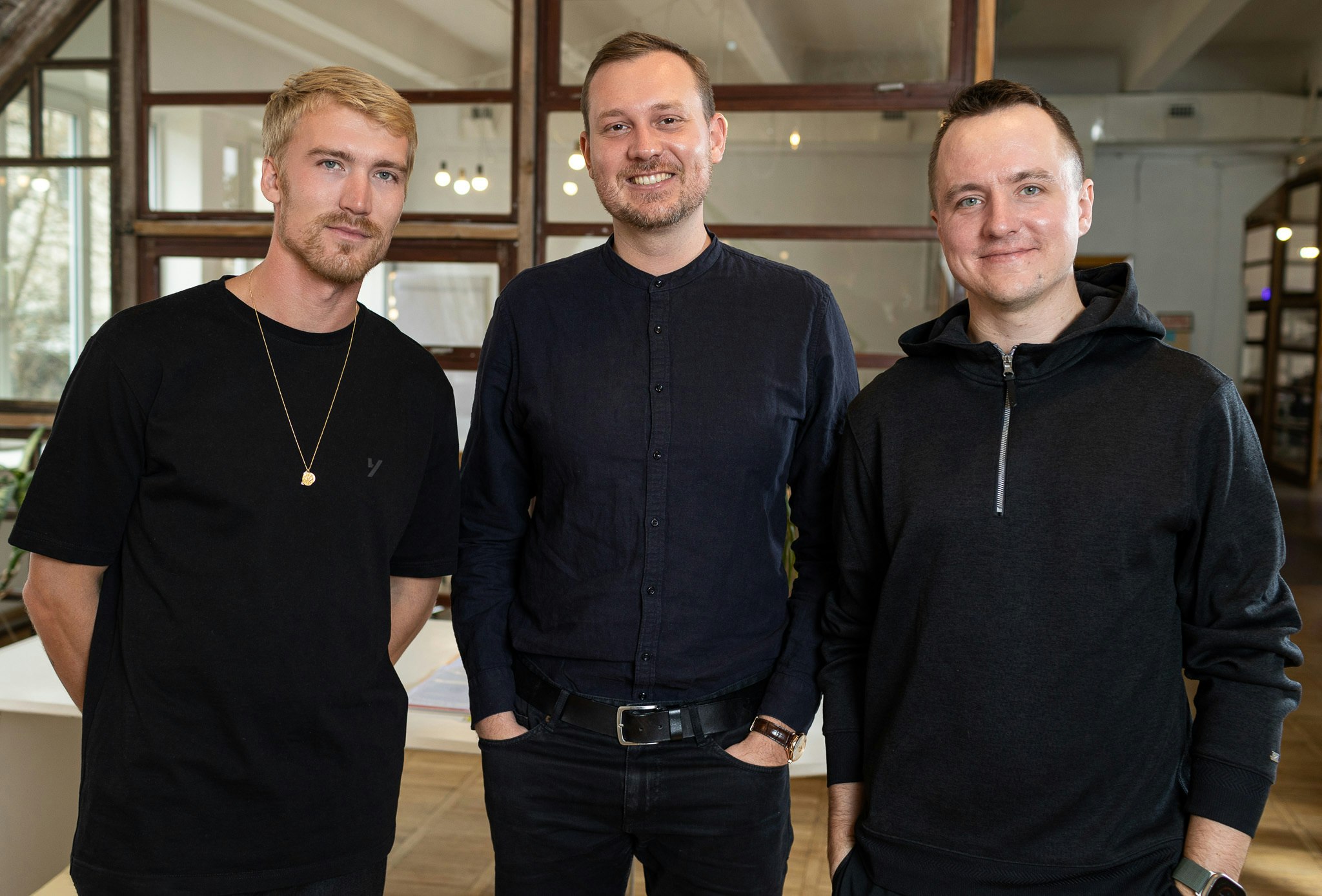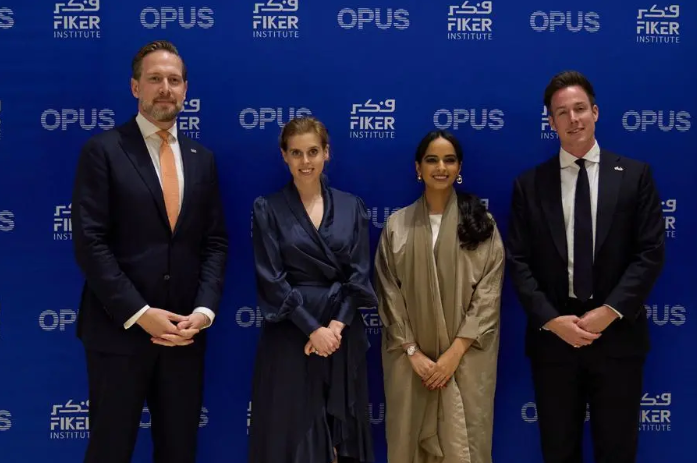In a booming fresh pet food segment, startup Tuggs is a disruptor with a difference. The UK-based subscription group recently launched what it says is the UK’s first insect-based freeze-dried dog treat. Will owners, and their pups, bite?
Founder Harry Bremner first hatched the idea while studying for a master’s degree in business. After becoming interested in the dog food industry, he submitted a dissertation discussing the viability of an insect-based brand. His advisor was so impressed with the idea that he invested. “That’s how Tuggs started,” Bremner tells Sifted.
The group has since raised £500k in pre-seed funding. As well as its newly supplementary treat – which is made from human-grade mealworm and enriched with pre- and probiotics for gut health – it sells a range of fresh dog meals blending meat and fish with black soldier fly.
The result is healthier feed with a lower environmental footprint, argues Bremner: “Fresh dog food is a very novel product in itself, and we believe it is the future of dog food. But we need to make it as sustainable as we can, and that’s why we’re integrating insects.”
Good grub
Like other B2C startups, Tuggs caters to growing awareness about the health of pets. As cases of everything from diabetes to heart disease rise in animals, concerns have grown about the quality of mainstream pet foods, fanning growth in the fresh food segment.
The Tuggs algorithm calculates how many calories a dog needs, allowing it to create tailored meal plans for pets. Its meals, developed in partnership with a pet nutritionist, are slow cooked, to preserve nutrients, and contain none of the fillers that pad out dried feed.
Insects offer a good alternative to conventional meats because they are rich in protein, and contain high quantities of minerals such as iron, zinc and copper, explains Bremner. The black soldier fly it uses in its feeds "has more calcium than milk, more iron than steak and contains all the essential amino acids required for a dog's wellbeing”.
Insects are also hypo-allergenic, he adds, meaning that Tuggs’ mealworm treats (which contain no additional meats) are suitable for the growing number of pets with allergies.
"Another incredible thing about insects is that we can alter the substrate that they're fed to get the nutritional value that we want,” he says. “So we can work with the insect farms to get the best nutritional profile.”
The buzz around bugs
Billions of people already eat bugs daily, but the drive to put them at the centre of the global diet is growing with concerns about population growth and food sustainability. Pet food is at the heart of the problem: 20% of all farmed livestock is funnelled into it, according to Bremner. The UN Food and Agriculture Organisation (FAO) calls insects an “underutilised resource” in meeting demand for protein — whether for humans or pets. Gram for gram they use less land water and feed than livestock, and emit far fewer greenhouse gases.
Consumers are a lot more open to the idea than I imagined.
The business case for insect-based companies grew as European laws changed to allow bugs to be used in animal feed. Tuggs is not the only group entering the market: Mars Petcare launched a cat food brand made from black soldier flies in 2022.
Are consumers ready? Not everyone is on board, Bremner admits. “But consumers are a lot more open to the idea than I imagined,” he says. “Nowadays they have a propensity to purchase more sustainable products — but that’s not the main selling point. The most important thing for consumers is the health and nutritional aspect.”
Will insect-based food take off?
There remain barriers to growth, Bremner says: chiefly, in the shortage of fly farms. Tuggs has to source its insects from European suppliers, because the UK lacks viable farms. Importation is hard, so the group manufactures its treats in Italy.
Supply chain constraints are one reason that the group does not make its main meals solely from insects — instead blending them with meat and fish — explains Bremner. A shortage of fly farms makes product testing harder. Longer supply chains also add an unwanted carbon footprint.
The insect market is so incredibly novel.
“We are looking at trying to get everything sourced in the UK because we want to be as localised as possible. But sometimes balancing the dream and the reality can be difficult,” he says.
“The insect market is so incredibly novel. But that's also an opportunity for us because we are at the forefront… if we can help educate and create the market, then that’s what’s going to start building more investment in the farms and the factories.”
Fresh pet food groups also face logistical challenges, when it comes to cold chain management. Tuggs delivers to mainland UK and has no plans to expand in Europe, says Bremner: “Because the product is frozen, we need next day delivery with insulation — so Europe is a bit more difficult logistically. The UK market is growing so fast, there's enough for us to concentrate on here.”
Having debuted its probiotic treat, designed to improve a dog's microbiome, Bremner plans to develop a range of snacks for healthier joints and teeth. He also aims to build on the group’s B2C model, with retail partnerships this year.
“There are new independent pet shops opening which want to have a focus on sustainability. We are a good match for them,” he says. A bigger challenge will be to gain a foothold in larger pet stores and “see what the average consumer thinks when they see our product on the shelves”.
An educational drive will be needed. “But there hasn’t been as much of a barrier as I expected when I launched Tuggs,” says Bremner. “The adoption of the product has been better than I imagined. Customers can see the quality, because it's fresh and there's more education generally about insect consumption.”
This article first appeared in our monthly Unleashed pet tech newsletter, a collaboration with Purina Accelerator Lab. All content is editorially independent. Sign up to our newsletter here to keep up to date with the latest goings on in the European pet tech industry.


